A System of Categories of Being and Knowledge
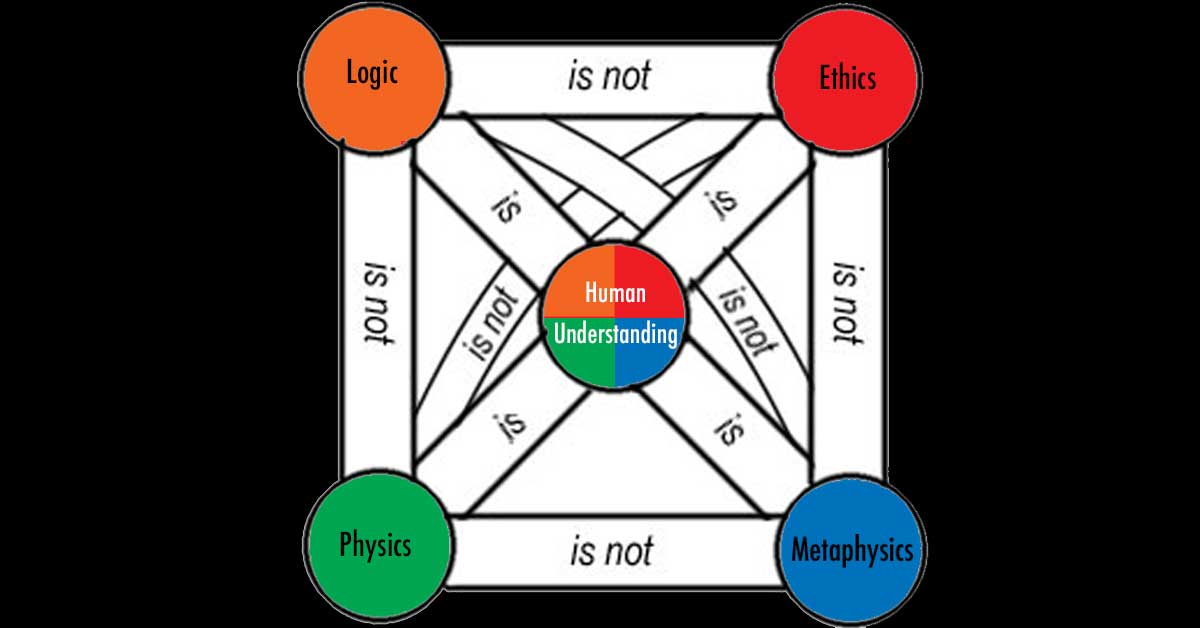
We present a system of “logical, epistemological, and ontological categories of being and knowledge” (categories to place all empirical and rational concepts into).

We present a system of “logical, epistemological, and ontological categories of being and knowledge” (categories to place all empirical and rational concepts into).
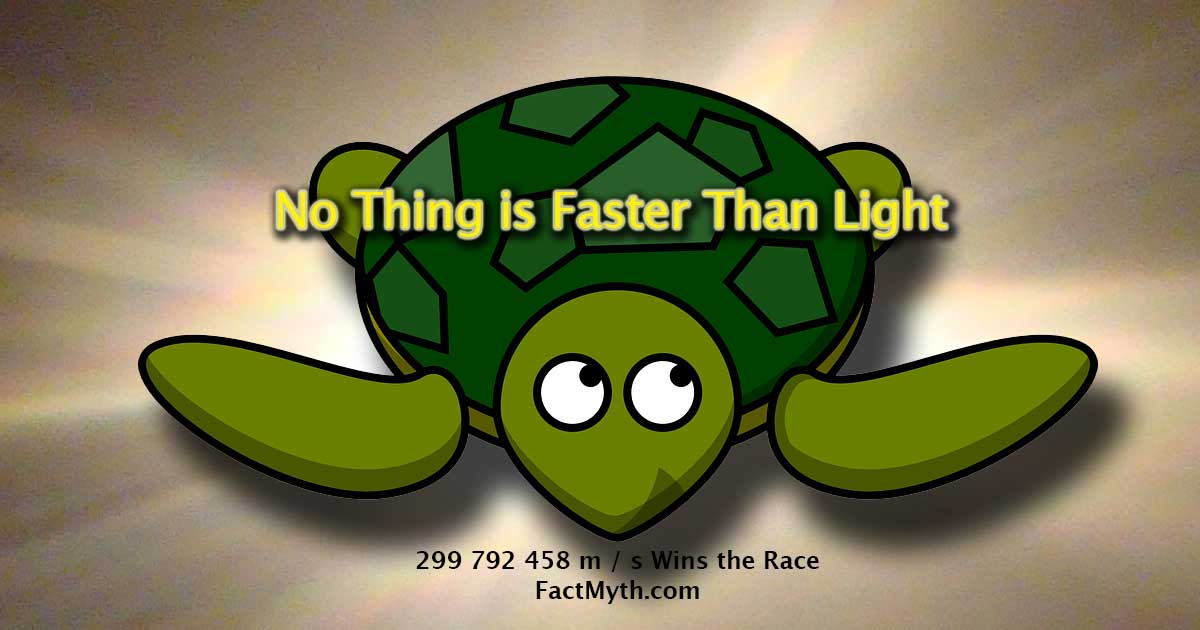
In theory, the speed of light, in a perfect vacuum, measured from an inertial frame, is constant with an exact value of 299,792,458 m/s.
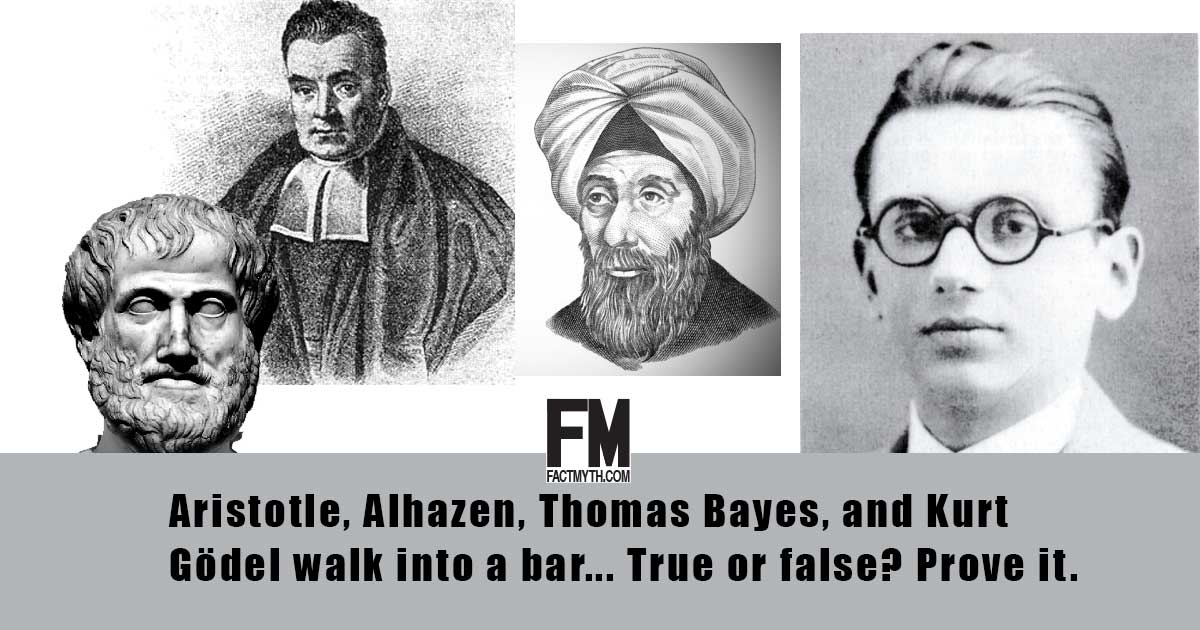
The idea that all truth is subjective, that there is no objective truth, is a myth. Everything either has an absolute truth value (even if we can’t know it) or is an opinion or belief.
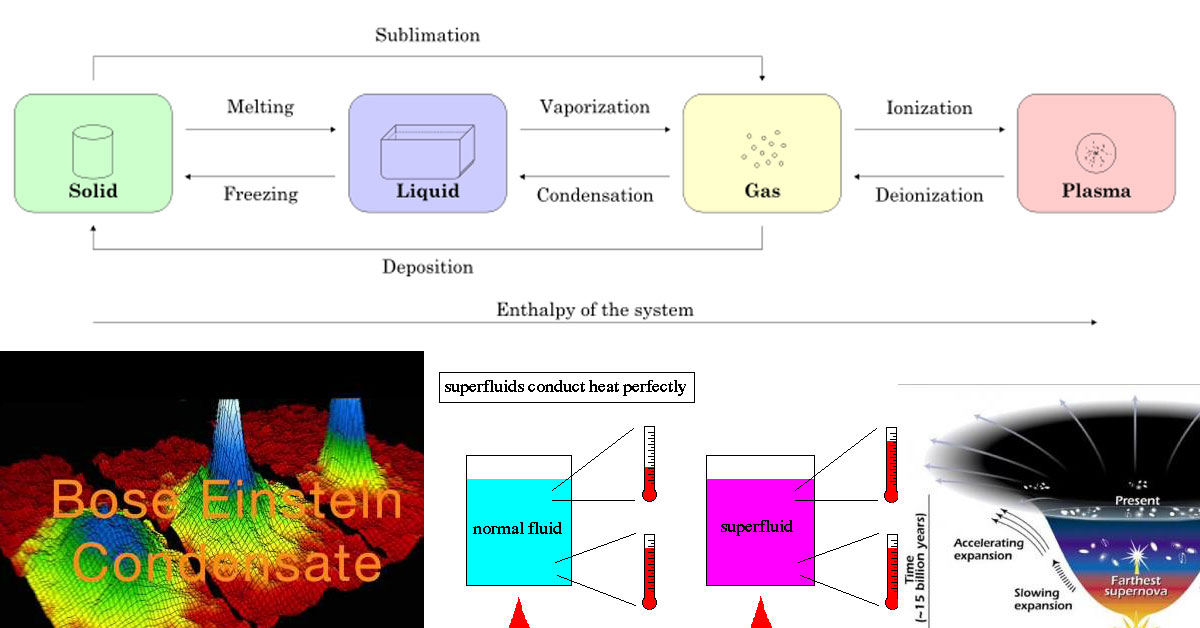
The classical states of matter observable in every day life are solid, liquid, gas, and plasma, but there are many other known states of matter.
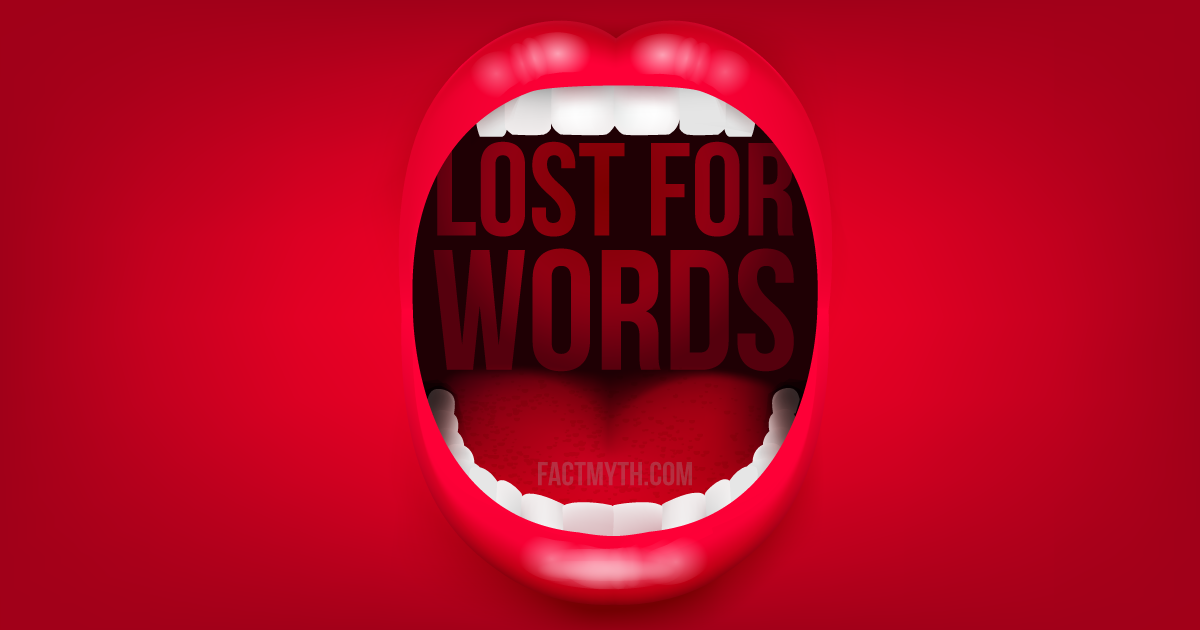
We discuss “giving names to concepts” (defining terms), identifying with terms, be identified by terms, and the implications of this.
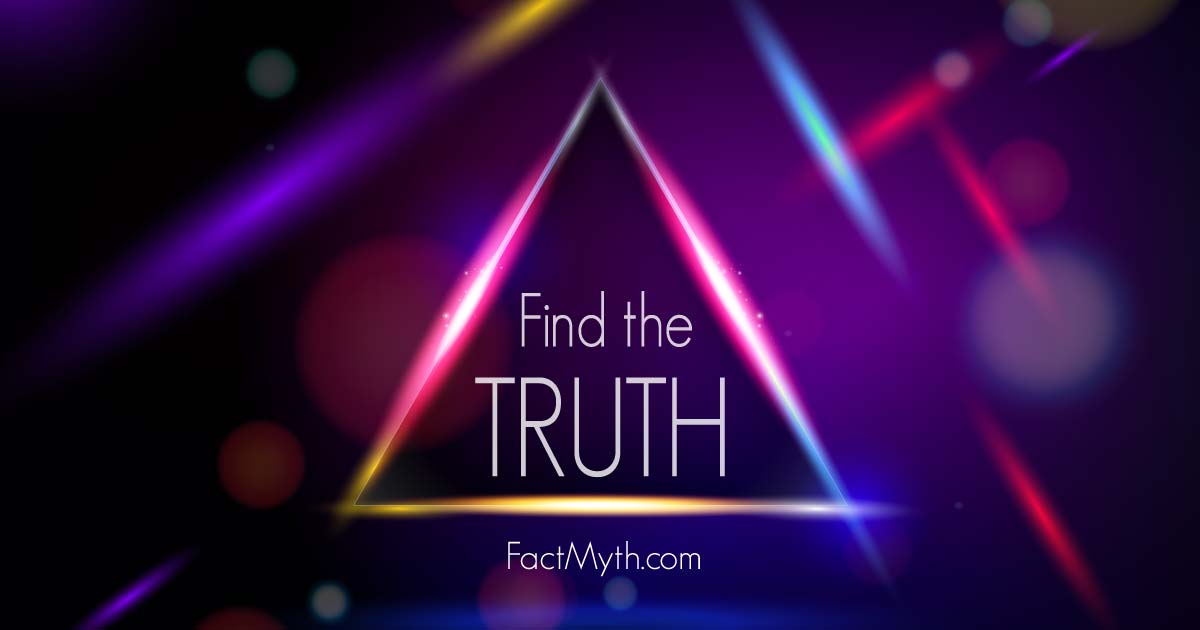
Principles are, in a broad sense, simply rule-sets which we follow. Below we will discuss the importance of different types of principles.

Aristotle once postulated “horror vacui” (Nature Abhors a Vacuum). It turns out nature really can’t stand a perfect vacuum.
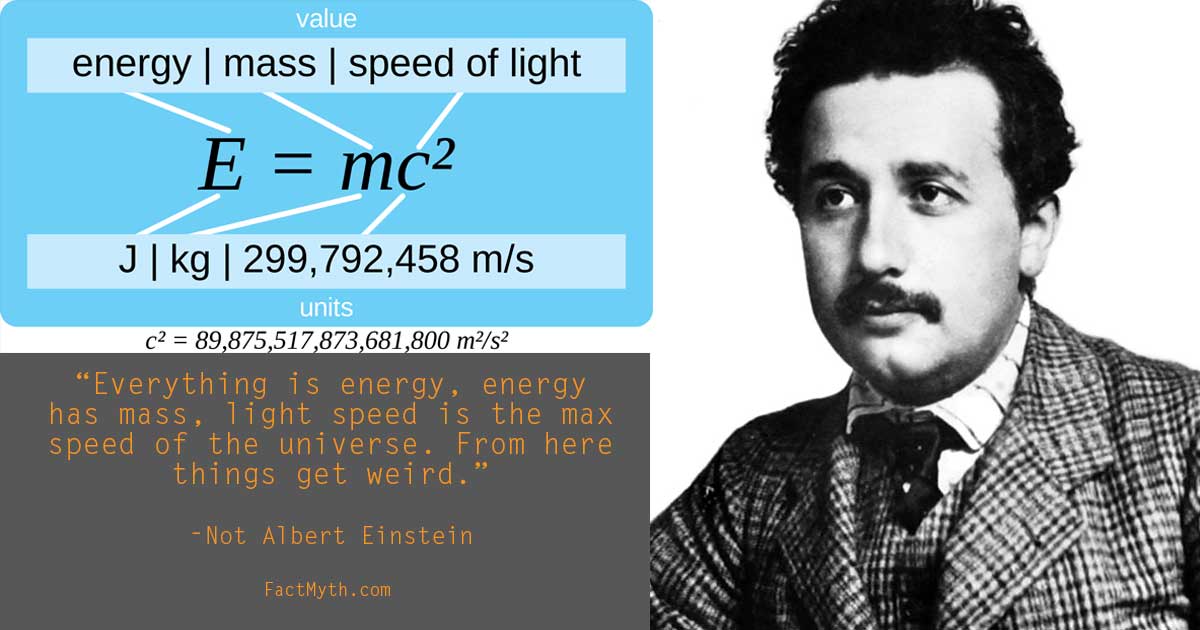
Einstein wasn’t a poor student. Despite minor troubles in French and the Humanities, Einstein was a prodigy in math and physics from a young age.
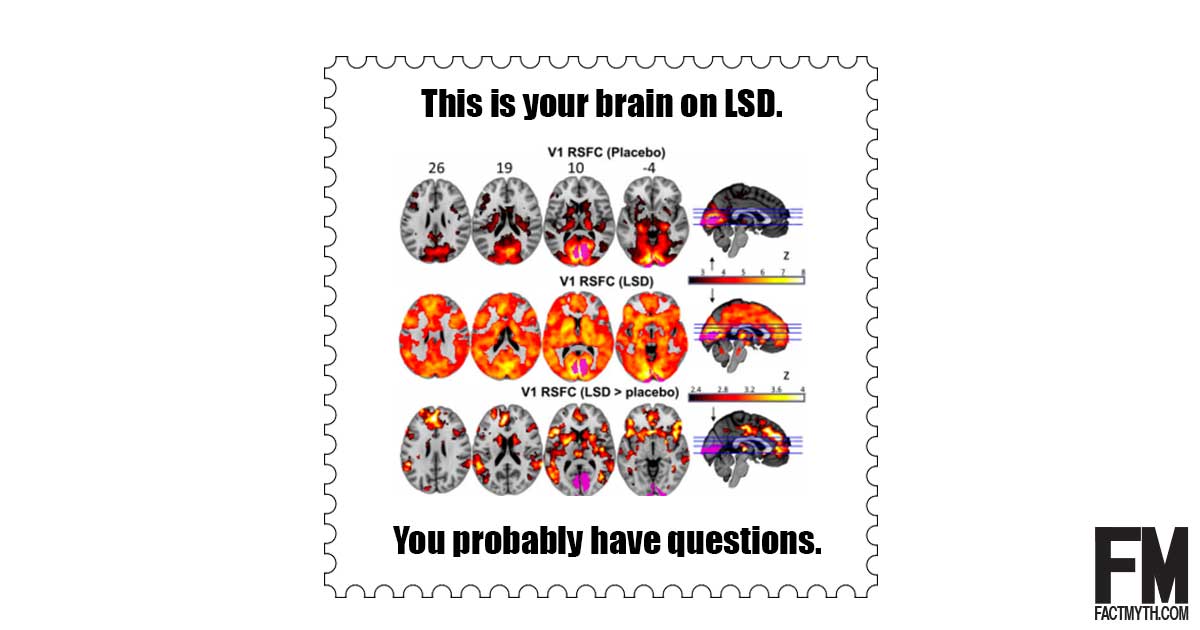
Tripping is slang “for having a psychedelic experience”. Tripping isn’t a drug, it is a state of mind that some psychedelic drugs let us access.
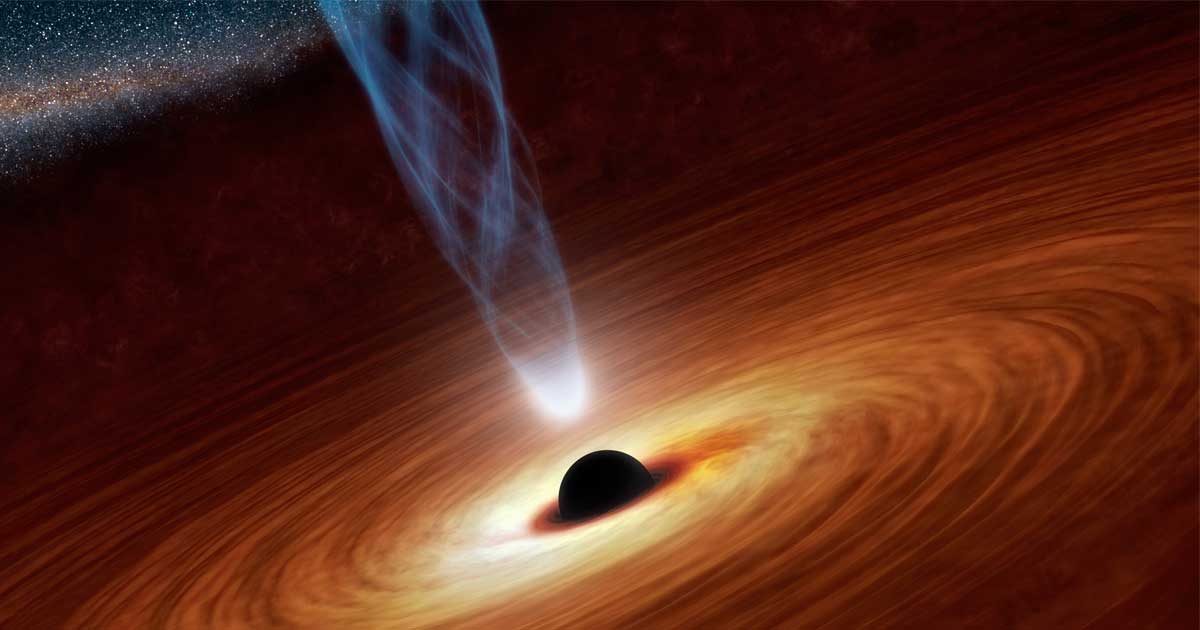
The Black Hole Information Paradox suggests information can’t escape a black hole intact. While new theories show information may be able to escape, it hasn’t been proven as of 2016.